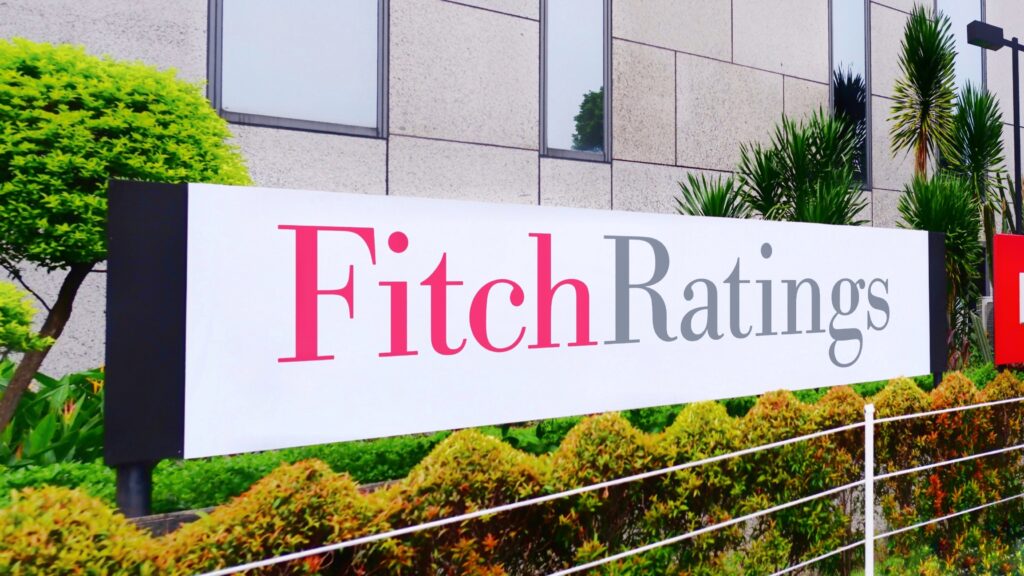France’s creditworthiness has taken a hit after Fitch Ratings downgraded the country from “AA-” to “A+”, citing deepening political instability and uncertainty over how the government will bring soaring debt under control.
The move, announced Friday, piles pressure on President Emmanuel Macron and newly appointed Prime Minister Sébastien Lecornu, who took office following the ousting of François Bayrou after his controversial budget plan triggered a parliamentary confidence vote.
Fitch warned that France’s debt, already among the highest in the eurozone, is expected to rise from 113.2% of GDP in 2024 to 121% in 2027, with little prospect of stabilisation. The agency also cast doubt on the government’s ability to bring the deficit below the EU’s 3% threshold this decade, pointing to repeated political crises since the snap elections of 2024.
“France’s rising public indebtedness constrains the capacity to respond to new shocks without further deterioration of public finances,” the report said, adding that the run-up to the 2027 presidential election will likely prolong the fiscal deadlock.
While the downgrade may raise borrowing costs, experts said the immediate impact on interest rates should remain limited. Still, it sends a warning signal to markets, particularly concerning property loans and investor confidence.
Finance Minister Eric Lombard acknowledged the decision but insisted the economy remains “solid,” highlighting strong household savings, demographic advantages, and corporate resilience. Economists, however, stressed that France’s deficit—5.8% of GDP in 2024, among the highest in the EU—needs urgent action.
Despite the gloom, France retains some bright spots: inflation is among the lowest in the bloc, unemployment is steady at 7.5%, and INSEE forecasts modest GDP growth of 0.8% in 2025. Fitch also noted that domestic demand could buoy growth, even as US tariffs weigh on exports.
By comparison, Germany and the Netherlands hold the strongest credit ratings in the eurozone, while Italy and other southern states remain lower-rated but are currently viewed more positively than France. Rival agency S&P Global will update its outlook for France in November, a decision that could further influence investor sentiment.

